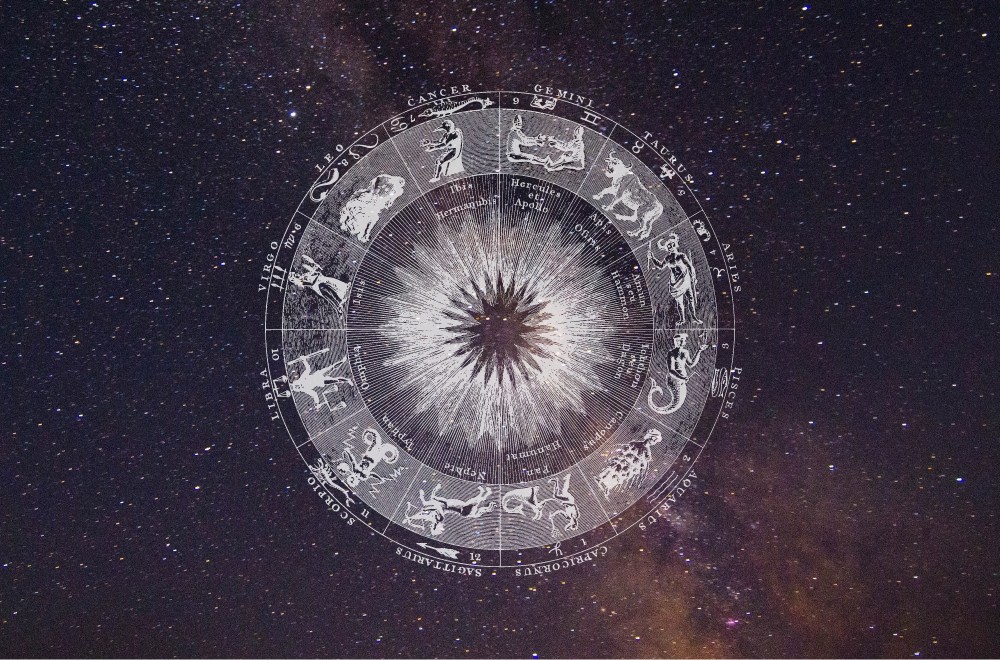Apr 15. 2023
Vedic Astrology
Vedic astrology has its roots in ancient Indian Vedas - thousands of years old sacred writings. In the past, it was used to determine the correct dates for performing sacrifices and rituals, but over time people began to study the movements of the planets in an attempt to understand their destinies.

As with Western astrology, there are twelve zodiac signs. However, the difference in dates is striking, due to the usage of a different system - we use a tropical calendar, whereas Vedic astrology uses a sidereal calendar. For example, temperamental Aries can suddenly become sensitive Pisces.
The close connection with Hindu philosophy has also influenced the interpretation of horoscopes, which focus on individual karma and dharma - life path.
Western astrology focuses more on the Sun, while Vedic astrology gives more weight to the Moon. The evidence is the so-called “moon houses” - named after the wives of the Moon god, which bring us to the fact that celestial objects are also perceived as deities. There are nine in total: Sun, Moon, Mercury, Venus, Mars, Jupiter, Saturn, Rahu and Ketu. Adding another object would destroy the entire system of Vedic predictions. Therefore the planets Uranus, Neptune and Pluto are omitted.
The lunar nodes have a significant role in Vedic astrology. They are Rāhu (dragon’s head) and Ketu (dragon’s tail). Rāhu is associated with materialism, dread, dissatisfaction, and confusion. This powerful warrior offers strength, but also ruthlessness and violence. Ketu is linked with loneliness and the desire to escape reality. He brings chaos, but also compassion for others if in a favourable position.
The deeply rooted tradition of Vedic astrology in the culture also influences important life decisions, such as with career or marriage.
This system has been used for thousands of years and helps to understand human souls. It explains the individual karmic state, as well as the effect of the celestial objects. It can reveal hidden talents and also provide insight into past and future events.
